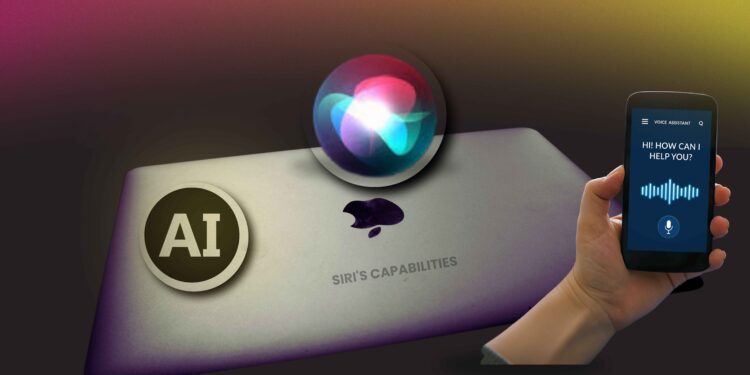Introduction
Apple has long been working to enhance Siri, its voice assistant, to compete with leading AI-driven platforms like Google Assistant and Amazon Alexa. In its latest move, Apple has acquired an AI startup specializing in natural language processing and generative AI to strengthen Siri’s intelligence and responsiveness. This acquisition aligns with Apple’s broader strategy of integrating advanced AI capabilities into its ecosystem, making interactions with Siri more seamless and intuitive.
What is the New AI Acquisition About?
While Apple has not officially disclosed the name of the startup, reports suggest that it focuses on:
- Improving Siri’s conversational abilities with AI-driven speech recognition.
- Enhancing real-time responses with advanced language models.
- Boosting personalization by analyzing user behavior and preferences.
Apple has been steadily investing in AI-driven enhancements, acquiring startups like Voysis, Inductiv Inc., and Vilynx over the years. This latest acquisition builds on those efforts, aiming to make Siri more contextually aware and interactive.
Why is Apple Investing in AI for Siri?
Apple has faced criticism for Siri’s limitations compared to rivals like Google Assistant and ChatGPT-powered AI chatbots. By acquiring specialized AI startups, Apple aims to:
1. Enhance Natural Language Processing (NLP)
With AI-powered NLP, Siri can better understand complex queries, interpret context, and offer more human-like responses.
2. Improve Siri’s Response Accuracy
By integrating advanced AI models, Siri can generate smarter and more relevant answers, reducing the need for web searches.
3. Strengthen On-Device AI Processing
Apple focuses on privacy-first AI, ensuring Siri processes requests efficiently on-device rather than relying heavily on cloud servers.
4. Compete with AI-Enhanced Assistants
With the rise of ChatGPT, Google’s Bard, and Amazon’s Alexa improvements, Apple needs to redefine Siri’s role in its ecosystem to stay competitive.
Impact on Apple’s Ecosystem
The integration of advanced AI into Siri could bring major benefits across Apple devices:
- iPhones & iPads: More intuitive voice commands and better app integration.
- MacBooks: Smarter virtual assistant features for productivity tasks.
- Apple Watch & HomePod: Enhanced voice recognition and home automation.
- Apple Vision Pro: AI-driven voice navigation in mixed reality.
The Future of Siri
Apple is expected to roll out these AI improvements in upcoming iOS and macOS updates, possibly debuting with the iPhone 16 series. With AI at its core, Siri could become a much more intelligent, responsive, and proactive assistant than ever before.
Conclusion
Apple’s latest AI acquisition is a strategic step toward making Siri a next-generation voice assistant. With AI-driven improvements in natural language understanding and personalization, users can expect a smarter, more human-like Siri across Apple devices. As Apple continues to invest in AI, the future of voice assistants is set to evolve dramatically.
For more updates on Apple’s AI innovations, stay tuned to Insight Tech Talk!













































